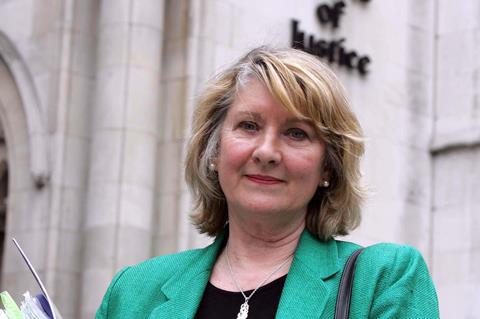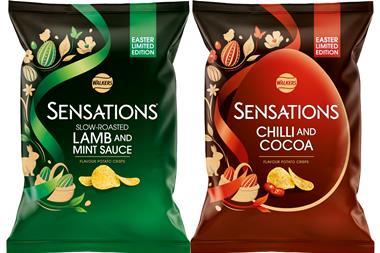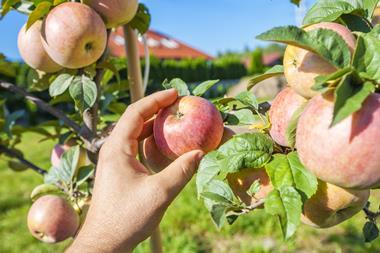
The government has allowed the food industry to “get away with murder” on ultra processed and HFSS foods according to an extraordinary attack by the chair of the paused House of Lords inquiry into diet and obesity.
Baroness Joan Walmsley, who announced that the Lords’ inquiry would resume after the 4 July election, said she believed the evidence was clear that ultra processed and HFSS foods had contributed to childhood obesity, which was threatening the health of future generations.
The select committee inquiry was appointed in January to consider the role of UPF and HFSS in a healthy diet and look at how they impacted on health outcomes.
Speaking in a podcast produced by the Food Foundation, Baroness Walmsley said the committee has already heard sufficient evidence to conclude that the food industry needed to face further regulation.
“We’ve taken 20 lots of oral evidence. We’ve heard from a lot of people and had 150 pieces of written evidence,” she said.
“It’s pretty clear from the statistics that obesity has been growing, particularly worrying amongst children and indeed infants and very young people.
“We’ve seen that the food industry has really been allowed to get away with murder.
“There have been voluntary targets to improve the healthiness of the food on offer but they haven’t really achieved anything.”
Baroness Walmsley’s criticism of the industry comes with government scientific experts due to meet later this month to discuss the latest evidence surrounding the risks of ultra processed foods.
The Scientific Advisory Committee on Nutrition (SACN), which has previously raised concerns over the impact of UPF but also raised doubts over the quality of the evidence to prove its links with bad health outcomes, will assess the latest evidence at a meeting on 20 June before making recommendations to the new government later in the year.
In March last year SACN called links between UPF food and a number of diet-related diseases “concerning” but called for more studies to thoroughly investigate the link.
It also raised questions over the so-called Nova classification developed by Brazilian researchers to classify which foods are UPF and said there were “uncertainties around the quality of evidence available”.
SACN chairman Professor Ian Young gave evidence to the House of Lords inquiry in March when he said the committee was probing possible links between the use of emulsifiers and non-sugar sweeteners and bad health outcomes.
With the election looming, the future of UPF foods has become a key issue for the food industry, amid high-profile calls for regulation by the likes of National Food Strategy author Henry Dimbleby and campaigner Dr Chris van Tulleken.



















No comments yet